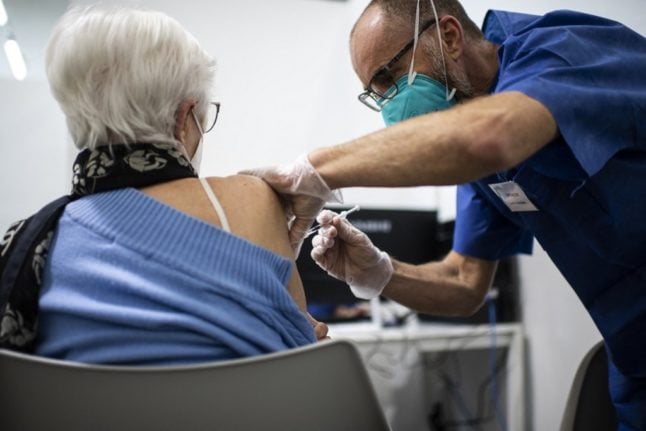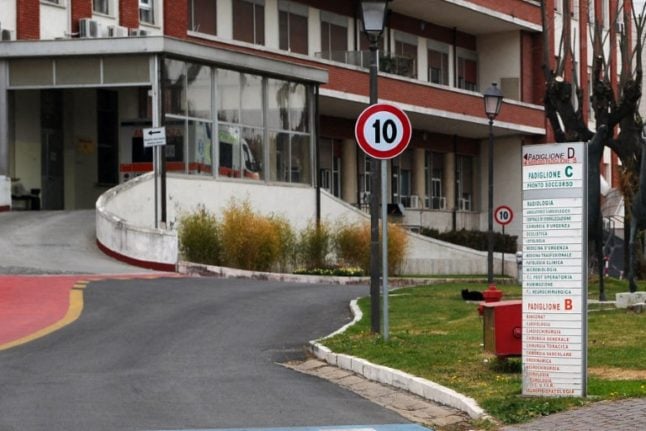347,279 vaccine shots were issued on Friday, according to the Emergency Commissioner’s Office. This now adds up to a total of 10 million people in Italy, who have received at least one shot of a vaccine, according to official government figures.
Of those, 4.23 million have been fully vaccinated with a second dose.
The latest tallies are welcome news for a country that has faced setbacks and missed targets in the vaccination rollout. Italy is still lagging behind the European Union, with the number of people receiving one dose amounting to 16.9% of the population.
READ ALSO: How fast is Italy vaccinating its population compared to other European countries?
More than three-quarters of the over-80s have received their first dose of vaccine, standing at 76.09%. Those who have had the booster and therefore fully immunised comes to just under half, at 45.19%. Three quarters of healthcare workers and employees in nursing homes have also been fully vaccinated with two shots.
Among those aged 70-79, 30.14% have received the first dose – and only 3.4% have received the booster shot. As many as 4.2 million people in this age group are still waiting for their first dose.
Other European countries are picking up pace in their vaccination rollouts, with Germany setting a new record of 656,000 doses on Wednesday and making strides again the next day, with a further 738,501 doses.
Italy currently sits behind Germany and France in the vaccination programme, but is just ahead of Spain, according to the latest Our World in Data figures.
READ ALSO: OPINION: Bureaucratic barriers must not stop Italy vaccinating its foreign residents

The majority of vaccinations administered in Italy come from manufacturer Pfizer/BioNTech, whereas health fears have impeded the rollout of the AstraZeneca and the Johnson & Johnson vaccine.
READ ALSO: IN CHARTS: Who is Italy vaccinating fastest?

Find information about how to register for vaccination in your region of Italy here.



 Please whitelist us to continue reading.
Please whitelist us to continue reading.
Member comments